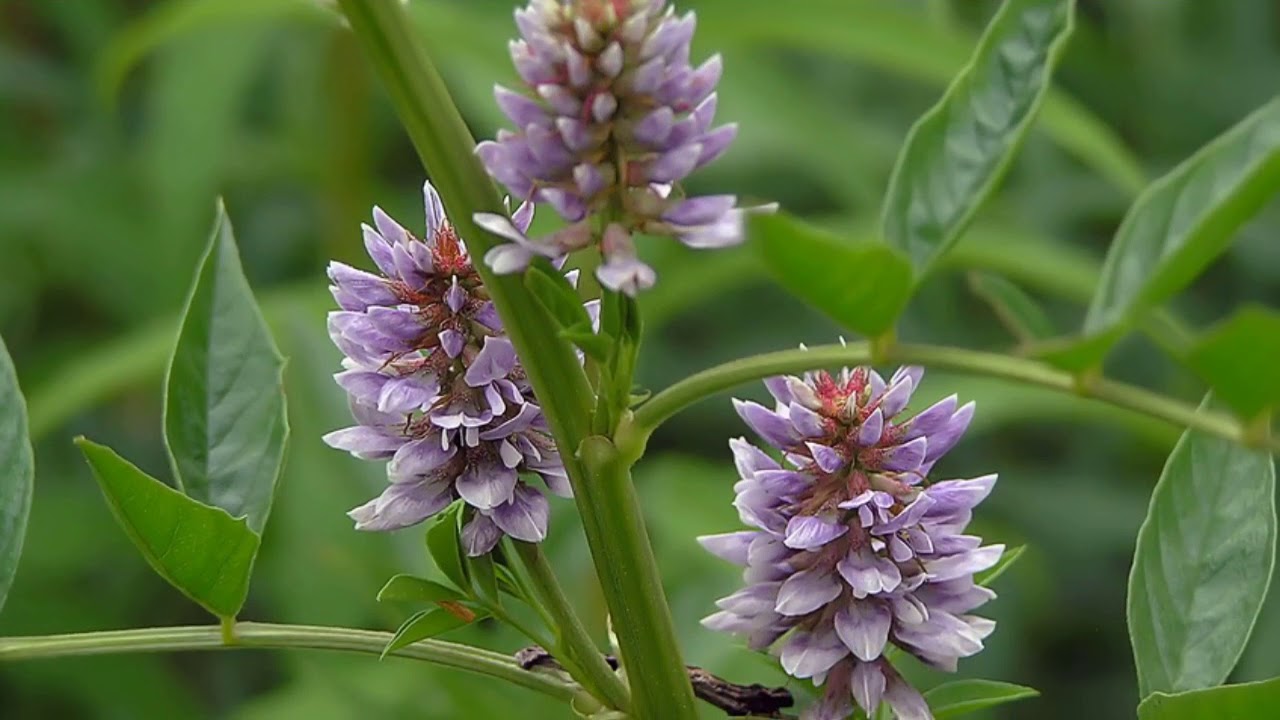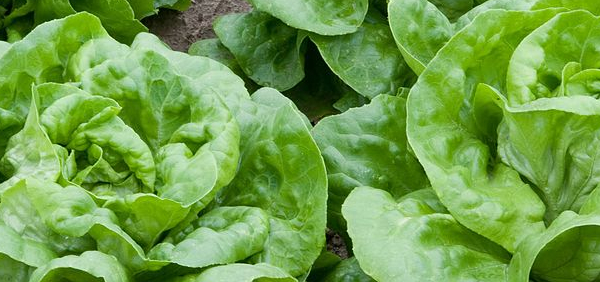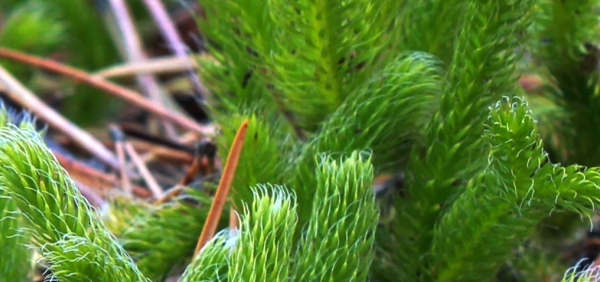yashtimadhu :

Clinical trials:
Glycyrrhizin—a compound found in licorice root—has been tested in a few clinical trials in hepatitis C patients, but there’s currently not enough evidence to determine if it’s helpful. Laboratory studies done in Japan (where an injectable glycyrrhizin compound is used in people with chronic hepatitis C who do not respond to conventional treatment) suggest that glycyrrhizin may have some effect against hepatitis C.
There’s some evidence that topical licorice extract may improve skin rash symptoms, such as redness, swelling, and itching.
A Finnish study of mothers and their young children suggested that eating a lot of actual licorice root during pregnancy may harm a child’s developing brain, leading to reasoning and behavioral issues, such as attention problems, rule-breaking, and aggression.
Studies of licorice root extracts in people for cavities, mouth ulcers, and oral yeast infections have returned mixed results.
Research:
Properties of glycyrrhizin are under preliminary research, such as for hepatitis C or topical treatment of psoriasis, but the low quality of studies as of 2017 prevents conclusions about efficacy and safety.- » Classification and names of yashtimadhu
- » Synonyms and definitions of yashtimadhu
- » Drug Properties of yashtimadhu
- » Chemical Constituents of yashtimadhu
- » Standardization of yashtimadhu
- » Parts used and Dosage of yashtimadhu
- » Morphology and Histology of yashtimadhu
- » Distribution and Conservation of yashtimadhu
- » Cultivation of yashtimadhu
- » yashtimadhu in the market
- » Medicinal Uses of yashtimadhu
- » Researches and clinical trails of yashtimadhu
- » yashtimadhu in other sytems of medicine
- » Ayurvedic formulations with yashtimadhu
- » Images of yashtimadhu













